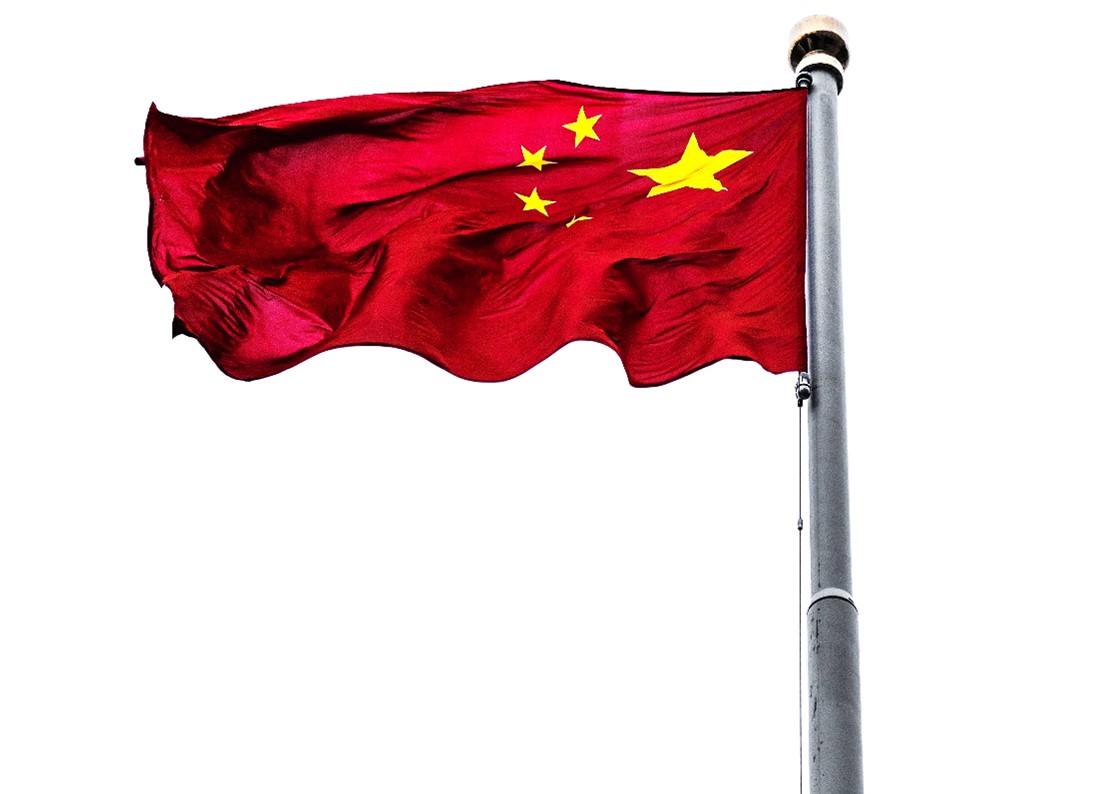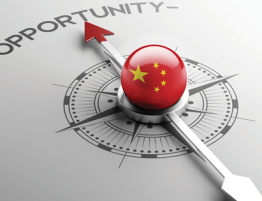
One of the objectives of the Congress is linked to the renewal of the leadership that will lead China for the next five years. The delegates are, in fact, called upon to elect the members of the Central Committee, which, in turn, elects the Politburo, the Politburo Standing Committee and the Secretary General of the Party, this latter office entrusted once again to the President Xi. The confirmation of the third term of Xi reinforces the centrale role of “Xi’s thought” (already introduced in the Constitution by 2017 amendment), bringing it ever closer to the that one of Mao Zedong.
Alongside the renewal of the leadership, during the seven-day Congress, the objectives and the priorities towards which the country will move during the next five years were outlined. In particular, the concept of “modernization” was frequently mentioned by the President in his speech. Although it is a concept strongly rooted within the Party, at the 20th Congress, President Xi renewed the importance of an increasingly systematic modernization of the country with “Chinese characteristics” and a strong adaptation to national conditions.
The further aspects recalled by Xi Jinping in his speech never lose focus from the idea of a world order with China at its center. Pursuing this ambition, the economic growth was reiterated as the party’s “top priority”, recalling the “dual circulation” strategy as the best tool for achieving domestic growth. In fact, the reduction of the dependence on other states, the realization of a high-quality development, especially in the technology sector, and the creation of an advanced supply chain, will support China in achieving the long-awaited decoupling with the US economy.
The spirit of “struggle” was recalled by the President Xi to deal with two current situations. On the one hand, the fight against Covid, which will apparently be carried out in the name of the policy initiated by Xi, the so-called “zero-Covid policy”, notwithstanding its sustainability in the long term, especially from an economic point of view.
On the other hand, the Taiwan issue, a highly strategic territory for China (the island accounts for 54% of the global land market for the semiconductors that make up microchips). The issue was addressed by President Xi without half-measures, reiterating that reunification with Taiwan is one of the future goals.
In terms of international relations, a series of turbulences such as the pandemic, the war in Ukraine, and inflation, are continuing to shape an unprecedentedly delicate historical period with strong repercussions on the world economy, slowing down the normal progress of relations and foreign investments in China. Although the long-awaited return to normality will wait for a while yet, China’s development cannot disregard the “contact with the world”. In this respect, the Directives issued by China a few days before the opening of the 20th Congress in favor of foreign investment in the manufacturing sector are a clear demonstration that incentives for foreign investment will continue to be supported as an active part of China domestic economic development.
China Desk – Zunarelli Law Firm








